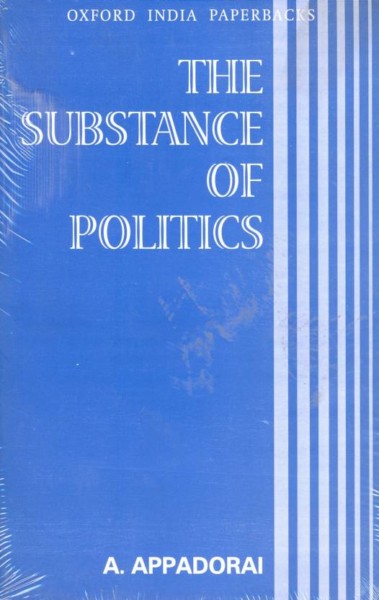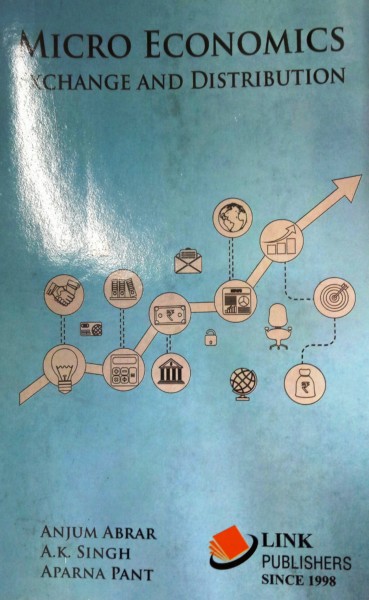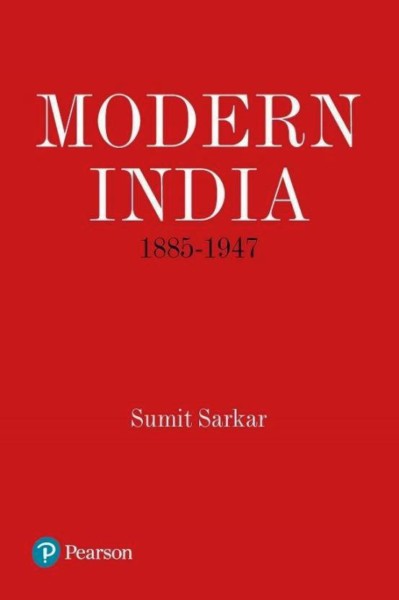Description
Description
History of Modern India presents what is arguable the authoritative overview of the historical period known as British India. It moves away from a largely political narrative to offer: An explanation of conditions in eighteenth-century India that helped the British East India Company establish its rule. Important insights into the primary aim of colonial rule: the economic exploitation of India through trade and investment. A detailed account of the nationalist movement. Contents: Preface 1. The Decline of the Mughal Empire Causes of the Decline of the Mughal Empire 2. Indian States and Society in the Eighteenth Century Decay of the Mughal Empire • Hyderabad and the Carnatic • Bengal • Awadh • Mysore • Kerala • Areas around Delhi • Bangash Pathans and Rohelas • The Sikhs • The Rise and Fall of the Maratha Power • Social and Economic Conditions of the People • Education • Social and Cultural Life 3. European Penetration and the British Conquest of India A New Phase in Europe’s Eastern Trade • The Growth of the East India Company’s Trade and Influence, 1600–1714 • The Anglo-French Struggle in South India • British Occupation of Bengal • Dual System of Administration of Bengal • Wars Under Warren Hastings (1772–85) and Cornwallis (1786–93) • Expansion under Lord Wellesley (1798–1805) • Expansion under Lord Hastings (1813–22) • The Consolidation of British Power (1818–57) 4. The Structure of Government and the Economic Policies of the British Empire in India, 1757–1857 The Structure of Government • British Economic Policies in India (1757–1857) • Land Revenue Policy 5. Administrative Organisation and Social and Cultural Policy Civil Services • Army • Police • Judicial Organisation • The Rule of Law • Equality before Law • Social and Cultural Policy • Humanitarian Measures • Spread of Modern Education 6. Social and Cultural Awakening in the First Half of the Nineteenth Century Rammohun Roy • Derozio and Young Bengal • Debendranath Tagore and Ishwar Chandra Vidyasagar • Pioneers of Reform in Western India 7. The Revolt of 1857 General Causes • The Immediate Cause • The Beginning and Course of the Revolt • The Weaknesses of the Revolt and its Suppression 8. Administrative Changes after 1858 Administration • Changes in the Army • Public Services • Relations with the Princely States • Administrative Policies • Racial Antagonism • Foreign Policy 9. The Economic Impact of British Rule Disruption of the Traditional Economy • Ruin of Old Zamindars and Rise of New Landlordism • Stagnation and Deterioration of Agriculture • Poverty and Famines 10. The Nationalist Movement: 1858–1905 Consequence of Foreign Domination • Administrative and Economic Unification of the Country • Racial Arrogance of the Rulers • Predecessors of the Indian National Congress • The Programme and Activities of the Early Nationalists • Economic Critique of Imperialism • Constitutional Reforms • Administrative and Other Reforms • Role of the Masses • Attitude of the Government • Evaluation of the Early National Movement 11. Religious and Social Reform after 1858 Religious Reform • Religious Reform in Maharashtra • Ramakrishna and Vivekananda • Swami Dayanand and the Arya Samaj • The Theosophical Society • Sayyid Ahmad Khan and the Aligarh School • Muhammad Iqbal • Religious Reform among the Parsis • Religious Reform among the Sikhs • Emancipation of Women • Struggle Against Caste 12. The Nationalist Movement: 1905–18 Recognition of the True Nature of British Rule • Growth of Self-Respect and Self-Confidence • Growth of Education and Unemployment • International Influences • Existence of an Aggressive Nationalist School of Thought • A Trained Leadership • The Anti-Partition Movement • The Swadeshi and Boycott • The Role of Students, Women, Muslims and the Masses • All-India Aspect of the Movement • Growth of the Revolutionary Struggle • Growth of Revolutionary Nationalism • The Home Rule Leagues • Lucknow Session of the Congress (1916) 13. The Struggle for Swaraj: 1919–27 The Montagu-Chelmsford Reforms • The Rowlatt Act • Gandhiji and His Ideas • Champaran Satyagraha (1917) • Ahmedabad Mill Strike • Satyagraha against the Rowlatt Act • Jallianwala Bagh Massacre 14. The Struggle for Swaraj: 1927–47 Emergence of New Forces • Boycott of the Simon Commission • Poorna Swaraj • Nationalist Politics 1935–39 • The Peasants’ and Workers’ Movements • Congress and World Affairs • People’s Struggle in the Princely States • Growth of Communalism • Post-War Struggle Books for Further Reading Index
Author: Bipan Chandra
Publisher: Bipan Chandra
ISBN-13: 9789390122554
Language: ENGLISH
Binding: PAPER BACK
Product Edition: 2024
No. Of Pages: 351
Country of Origin: India
International Shipping: Yes










Reviews
There are no reviews yet.